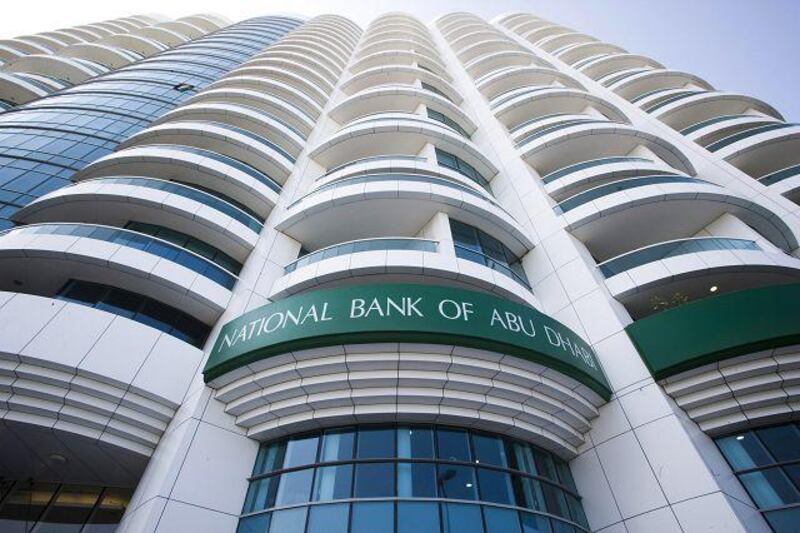Uncertainty over Dubai's debt problems is putting the brakes on the UAE economy, threatening to undo the progress made in diversifying away from reliance on oil, economists and other experts said yesterday. With no clear indication yet of how Dubai World will restructure US$26 billion (Dh95.50bn) of debt, investors and banks are reluctant to commit money in the UAE, thus starving the private sector of capital for growth, experts said in the final day of the Abu Dhabi Economic Forum.
"One cannot overemphasise the need for openness and transparency," said Mohammed Jaber, an economist at Morgan Stanley in Dubai. "These are the only things that bring money back." Economists have already forecast that the UAE's economy will grow only about 2 per cent this year, slower than most developing countries. The IMF predicts GDP growth may be closer to zero. With the prospect of a worsening glut of new supply weighing on property prices, banks remain reticent to lend, particularly as they prepare for potential losses on loans to Dubai World. Moody's, the credit rating agency, estimates that UAE banks have Dh55bn in loans to Dubai World and its subsidiaries.
The negative reaction to Dubai World's restructuring has also shut down what was a fast-growing market for UAE bonds, removing another important source of funding for local companies and governments. The recovery in oil prices, to about $80 a barrel, is a rare bright spot in an otherwise gloomy picture for the nation's economy, experts said. Buoyant oil prices ensure that the Government will have plenty of petrodollars to offset the crunch facing the private sector, economists said.
Analysts said the outlook for property in the UAE remained muted. "This year is going to be a difficult one," said Matthew Green, the head of research at CB Richard Ellis in Dubai. While demand has picked up for new, more upscale developments, the prospect of thousands of new units coming on to the market is depressing prices overall. Weak prices in Dubai are also dragging values down in neighbouring Abu Dhabi, as many residents take advantage of the slump to "decamp" to Dubai, said Gurjit Singh, the chief operating officer at Sorouh Real Estate, the Abu Dhabi property developer.
The decline in property prices is curtailing the willingness of banks to lend. Not only are banks reluctant to lend money to would-be property buyers when prices appear likely to fall, but they are still bracing for a sharp increase in loan defaults. A strengthening US dollar poses another threat to property prices, economists said. Because the dirham is pegged to the dollar, a rising dollar makes UAE property more expensive for investors in the UK, India and Pakistan, traditionally the country's biggest source of demand.
warnold@thenational.ae





